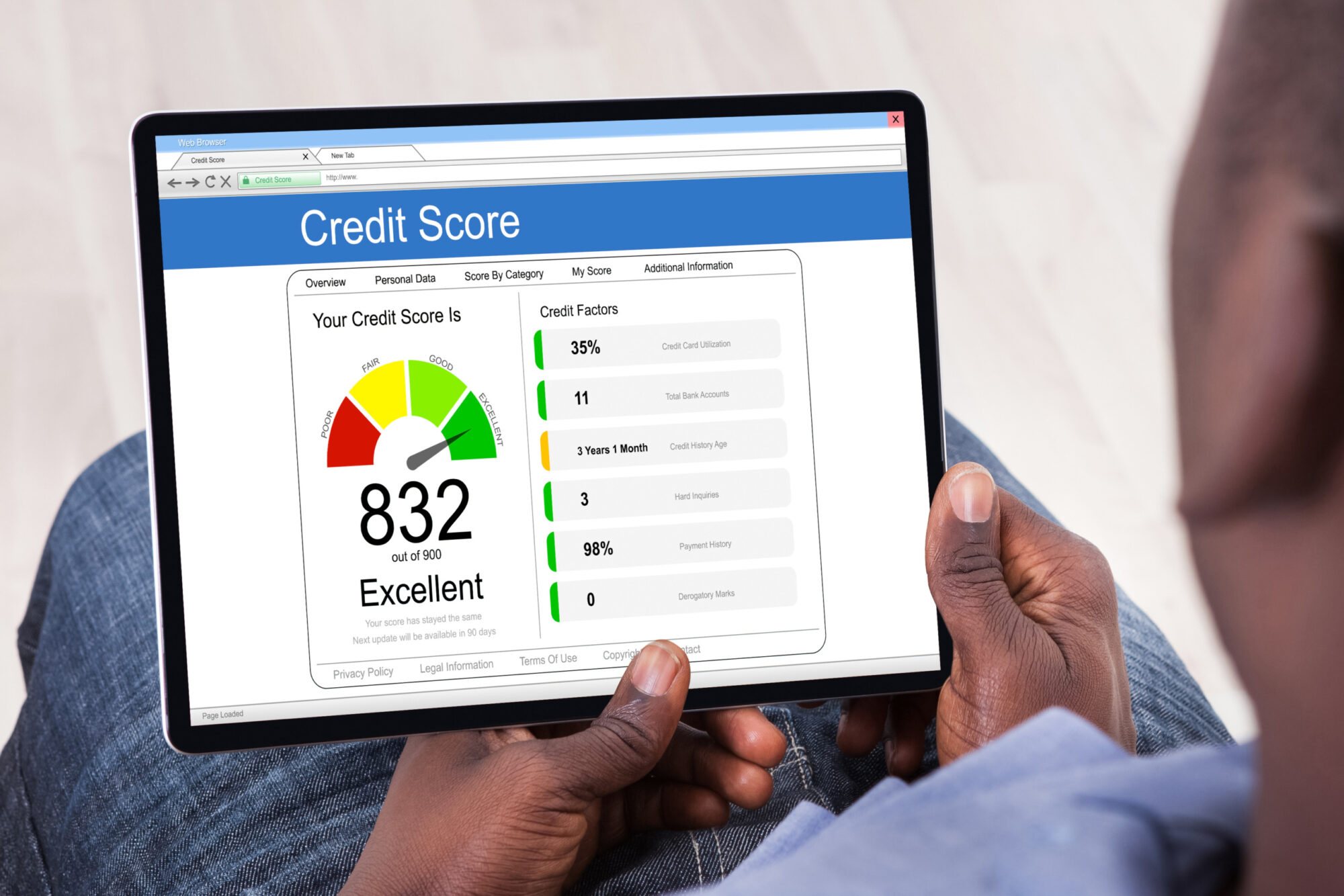A credit score is a crucial factor that reflects your financial health and influences access to various financial products. A poor credit score can affect your eligibility for better interest rates and loan offers, whereas a good credit score offers several advantages.
One of the most effective tools for improving credit scores is the responsible use of credit cards. Proper management helps build a strong credit score while reducing the credit utilisation ratio.
Understanding Why a Good Credit Score is Important
A good credit score is essential to maintain your creditworthiness. Banks, financial institutions, and lenders evaluate your creditworthiness based on your CIBIL score. This three-digit number requires a minimum score of 700 to qualify for excellent loan offers and competitive interest rates.
A low credit score increases the risk for lenders, making your loan application likely to be rejected. A decent CIBIL score helps secure loans at affordable interest rates with quicker approvals. To maintain a good credit score, you need to manage your credit card usage and repayments responsibly.
Controlling your credit card expenses and tracking your transactions can contribute to improving your credit score.
Factors Affecting Your Credit Score
Factors such as payment history, loans, length of credit history, new credit, and credit mix influence your creditworthiness. The total number of loans you hold, overall debt, and credit utilisation also play a significant role.
- Repayment History
Your repayment history shows whether you have made your credit or loan repayments on time. Any defaults or late payments, even with average delays, negatively affect your credit score.
- Credit Utilisation Ratio
When your utilisation ratio exceeds 30%, your credit score tends to decrease. A higher utilisation ratio indicates credit hunger, increasing risks for lenders.
- Length of Credit History
A longer credit history provides additional data on past loans and repayments, reducing lender risk. Maintaining a long and positive credit history helps improve your credit score.
- Credit Mix
A well-balanced credit mix of secured and unsecured credit types demonstrates responsible credit management. Maintaining a healthy credit mix, including mortgage loans, revolving credit, or payment history, positively impacts your credit score.
- Recent Loan Applications
Submitting excessive loan applications in a short period signals desperation for credit. Too many applications can lower your credit score.
Ways to Improve Your Credit Score Using a Credit Card
To improve your credit score, you can use one tool to boost it from the poor category to excellent. You need to focus on managing utilisation limits, making timely repayments, and selecting the right card.
- Regular Credit Card Usage
Building a credit score takes time, and the first step is to use your credit card responsibly. Regular use for daily shopping and expenses is more effective than unrestricted spending. Consistent usage and timely repayment can gradually improve your credit score.
- Choosing the Right Card
You need to select a credit card that aligns with your spending habits to enhance your credit score. Various cards cater to specific needs such as dining, travel, and shopping. Opting for one or two cards helps limit expenses while earning rewards on every transaction.
- Credit Utilisation Limit
Lenders and financial institutions assess repayment capacity before approving applications. Maintaining a credit utilisation ratio of up to 30% is considered healthy. Exceeding this limit can negatively impact efforts to improve your credit score.
- Planning, Forecasting, and Making Informed Purchases
Achieving financial goals requires forecasting monthly expenses and planning purchases. Anticipating costs helps control credit card usage and ensures the utilisation ratio stays within acceptable limits.
- Opting for Cards with 0% Interest Rates
Among the many credit card options available, selecting one with the lowest interest rate is essential. Cards offering no-cost EMI on large purchases simplify repayments and reduce the risk of negatively affecting the credit score. Reading terms and conditions is crucial to avoiding hidden charges.
- Understanding Offers and Benefits
Banks and financial institutions frequently provide cashback, rewards, and discounts, especially during festive or holiday seasons. Conducting research beforehand can maximise savings on credit card expenses. Smart use of these offers contributes to building a good credit score, provided the full amount is repaid on time.
- Timely Repayments of the Full Amount
Credit card bills typically come with a 45-day repayment window, during which paying the minimum due is an option. However, this incurs additional interest on the remaining balance. Paying the full amount each month prevents unnecessary interest charges and positively impacts the credit score.
- Avoiding Multiple Credit Cards
Having too many credit cards can complicate financial management. It is more effective to hold one or two cards that offer valuable rewards or are lifetime-free, avoiding extra charges. Responsible use of fewer credit cards helps maintain a healthy credit score.
Conclusion
By making timely payments, keeping credit utilisation low, and paying off outstanding debts, you can build a solid credit score. Using credit cards responsibly not only improves your credit score but also strengthens your ability to secure loans at better interest rates.
It is essential to manage credit carefully. Overspending, delaying payments, or missing them can damage your score rather than improve it. Developing good credit card habits and staying informed about your financial health can help you enjoy the advantages of a high credit score.



































